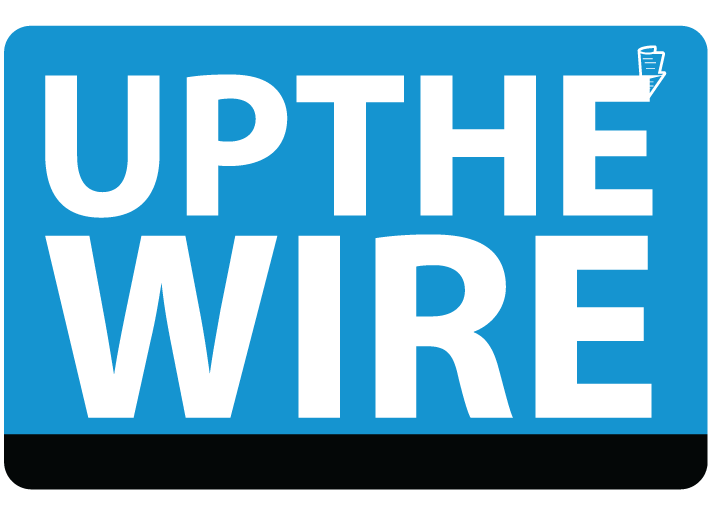Moonlighting in the IT Industry

Rishad Premji started a debate in the Industry on moonlighting by calling it cheating. Many responded to it. Some supported him while others questioned Rishad. Infosys, TCS also considered moonlighting a concern. IBM’s Sandip Patel supported Rishad. Infy warned its employees against moonlighting. IT Firms have clearly written employment agreements which prohibit dual employment. The IT company will never be able to prove though that his employee is doing dual employment since in the freelancer platforms, noone uses their original names.
More companies are pushing WFH. The Union govt is encouraging WFH in SEZs, the idea being to spread IT in rural areas too. Telecom companies are spreading high speed internet to rural areas much faster. Without WFH, rural areas of India would not have had high speed internet connections. The spread of smartphones was equanimous across rural and urban areas. WFH also distributed economic spending across the country giving rise to rapid urbanisation in tier 2 and tier 3 cities too. In the past 2 years, lot of wealth has shifted from urban metros to the hinterlands which hitherto did not receive much attention. Returning back to the roots, many are resolved not to go back. Some took dealerships, some took franchises, some started on their own and some even took up agriculture all while doing full time jobs with IT companies. They are still balancing both and are determined not to go back to the urban metros with their busy traffic and long transit time. From their perspective, they are trying to do something which is closer to their hearts and their roots. They still consider their primary job with top priority but the side job is where they focus out of office hours. Many of these vocations/interests do not conflict with their main job yet they take away the bandwidth of the person after office hours. Whether it impacts productivity or not, only the primary employer can tell.
Moonlighting is more being used by IT workers who are either earning low salaries or have a lot of free time available to them. Mohandas Pai’s statement that freshers might need moonlighting holds true since freshers get very less salaries. However, if one checks the freelancing portals,we find even senior that experienced employees in branded companies are also moonlighting. Rarely do they share their original identity. The Foreign clients who assign work to them are more bothered about the work than asserting the identity and hence work keeps getting delivered. The unethical part is when these employees interact during normal working hours of the primary company where they have employment. Many of those who are moonlighting during office hours have two laptops, separate internet connections and separate mobiles for outside work. Some employees who are moonlighting are also saying that this is because the company has increased load on them since they started WFH but has not increased salaries.
An employee of mine used to complete his work much faster than the others & then take up his moonlighting work. When my manager used to check on him, he used to switch tabs and say that his work is still not over. Of course, such things do not get hidden from long. It is unethical to moonlight when one is doing their main job. Many software employees play the stock market during office hours placing orders online through their mobile apps. Even that is not ethical. Network monitoring and filters are very important. Ethics is an important aspect in the Industry and whether employees adhere to these ethics or not is hard to determine.
There are different opinions about whether it is cheating. It brings back the discussion to what is an employee's full time role, his hrs of functioning and why the company wants him to spend time with his family instead of another vocation. Legally, the company cannot stop an employee's out of office hours work when it does not conflict with interests of the company. The company should put in extra measures of productivity tracking. At the top level, many CEOs also sit on boards of other companies. The company provides good salaries for mid tier employees so that they can have a comfortable life and offers them several perks. A relaxing evening spent with family will gear the employee to higher productivity the next day in the office but if a person is moonlighting in the evening too, it might lead to more stress for the employee.
Most middle aged IT employees are doing moonlighting to increase their side incomes and they are not going to give up on this privilege so soon. It is so widespread that there is no need of even a survey towards the same. In large companies, there are so many opportunities to do moonlighting within the company in other areas or extra curricular activities but the debate has started due to the monetary aspect involved. The hardest part for an Indian IT company would be to calculate the impact that moonlighting is having on the Employee productivity. If the company cannot measure loss of productivity, it will have no legal standing to dictate what an employee can do outside office hours. IT Companies can at best sign no conflict of interest moonlighting. Indian IT employees do not fall under Indian Factories Act which restricts double employment. Stopping moonlighting will not be possible for IT companies in the long run. It is a trend which is getting established.
In the USA, there are more than 59 million freelancers. Statista predicted that by 2028, 91 million will be working as freelancers, which is almost 51 percent of the entire workforce. They currently constitute around 5 percent of the workforce.These freelancers use a large workforce in India and other countries and are the major clients for the workers who are moonlighting in India and other countries. Infact, they are able to pursue independent businesses easily since the bulk of the routine work is being outsourced to India. They are able to hire experienced workers working in topnotch companies through freelancing platforms. Hiring these workers full time would cost them a lot. Hence companies both in USA and India are accepting these workers doing their work parttime only. Many IT workers in India who are freelancing are adopting these models and this seems to be the future of employment too.
... This Article has been written by Uma Desu, CEO, IntelliIndia.

 admin
admin 





















Comments (0)
Facebook Comments